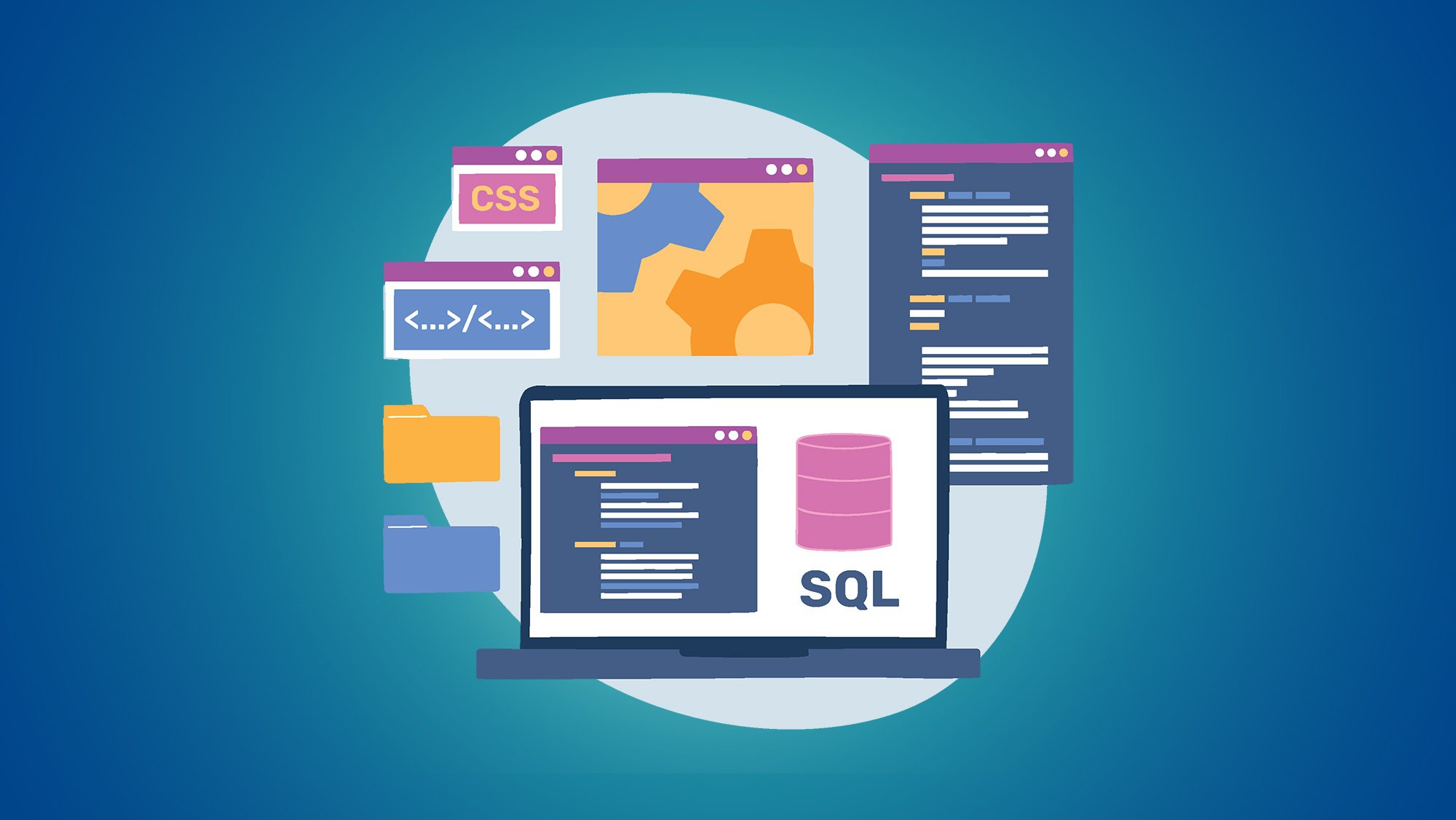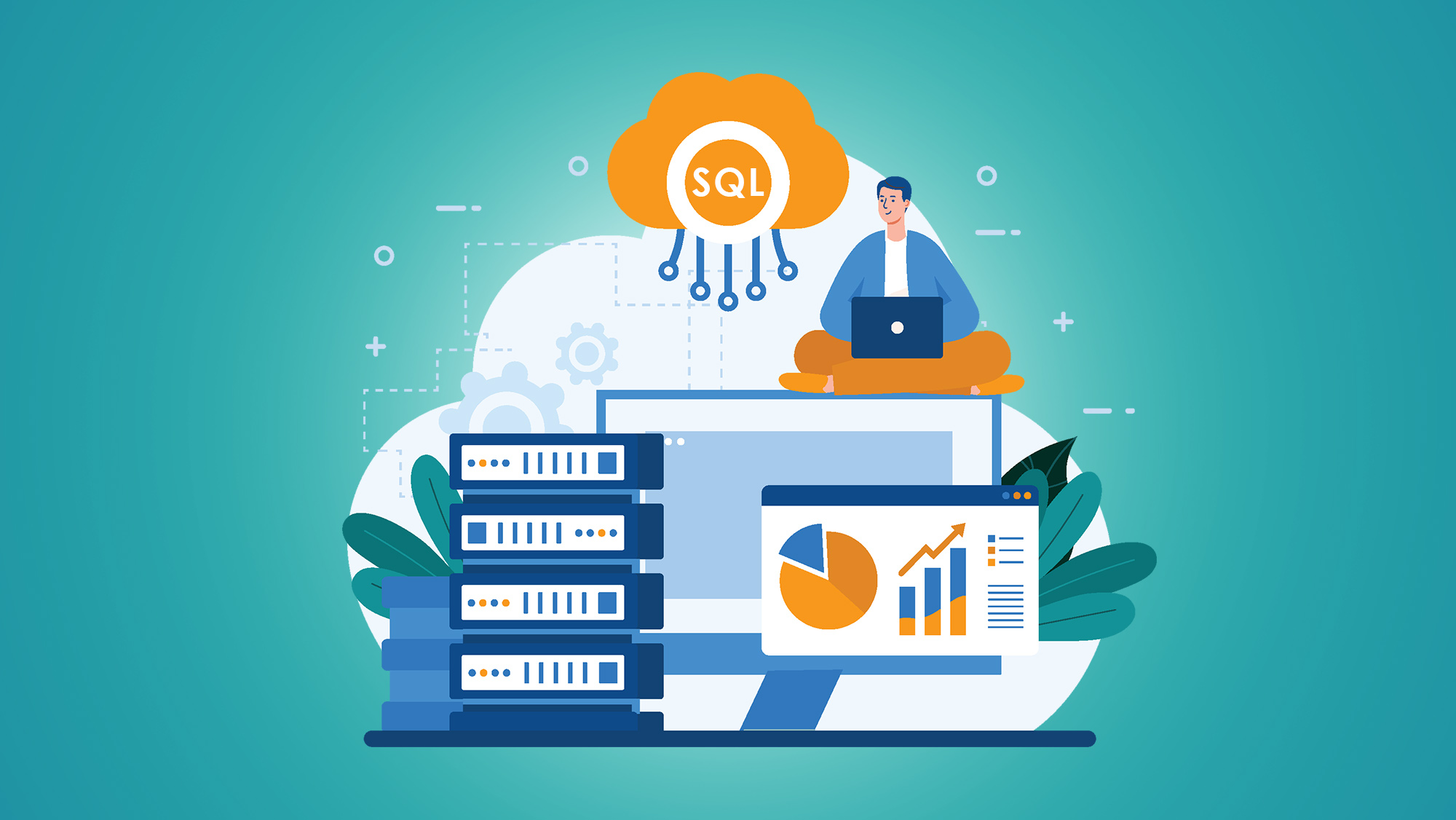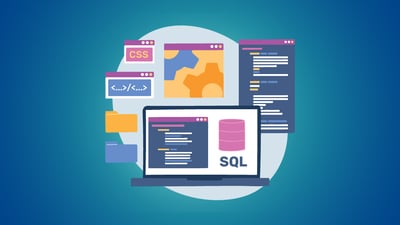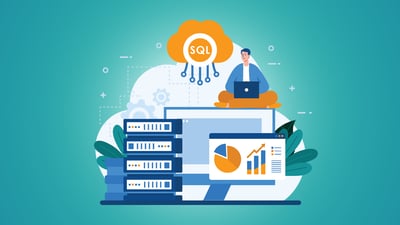Everything You Need To Know About MySQL Developer Training
Introduction:
WorkFusion, a leading intelligent automation platform, offers organizations the ability to streamline and automate business processes. To fully leverage the potential of WorkFusion and become proficient in its implementation, comprehensive WorkFusion training is essential. In this blog, we will explore everything you need to know about WorkFusion training, including its significance, benefits, and the key skills you can acquire through the program.
What is MySQL Developer Training?
Why pursue MySQL Developer Training?
How does MySQL Developer Training work?
Choosing the Right MySQL Developer Training:
Best practices for MySQL Developer Training
What is MySQL Developer Training?
MySQL Developer Training is a comprehensive program designed to equip individuals with the necessary skills and knowledge to become proficient in MySQL database development. It covers topics such as SQL queries, database design, data manipulation, performance optimization, and security. Participants gain hands-on experience through practical exercises and real-world projects, preparing them for various roles in database development and administration.
Why pursue MySQL Developer Training?
Pursuing MySQL Developer Training can be beneficial for several reasons:
- Enhanced job prospects: MySQL is one of the most widely used open-source databases, and organizations across various industries rely on it. Acquiring MySQL Developer skills can open up job opportunities in database administration, data analysis, and application development.
- In-demand skill: MySQL is a popular choice for managing and manipulating relational databases, making MySQL Developers in high demand. By gaining proficiency in MySQL, you can position yourself as a valuable asset in the job market.
- Efficient data management: MySQL provides efficient data storage and retrieval capabilities, enabling developers to effectively manage and manipulate large volumes of data. With MySQL Developer Training, you can learn techniques to optimize queries, design efficient databases, and improve data performance.
- Flexibility and scalability: MySQL offers flexibility and scalability, allowing applications to handle increasing amounts of data and user traffic. By mastering MySQL, you can develop scalable applications that can grow with the needs of the business.
- Cost-effective solution: MySQL is open-source and freely available, making it a cost-effective solution for businesses. By acquiring MySQL Developer skills, you can help organizations leverage this cost-effective database management system and reduce their software expenses.
How does MySQL Developer Training work?
MySQL Developer Training typically follows a structured curriculum designed to provide participants with comprehensive knowledge and hands-on experience in working with MySQL databases. Here is an overview of how MySQL Developer Training usually works:
- Course content: The training program covers various aspects of MySQL development, including database design, querying, data manipulation, stored procedures, and advanced topics like performance optimization and security.
- Instructor-led training: The training is often conducted in a classroom or online setting, led by experienced instructors who guide participants through the course material. They provide explanations, demonstrations, and answer questions to ensure a clear understanding of the concepts.
- Hands-on exercises: Practical exercises and coding assignments are an integral part of MySQL Developer Training. Participants get to apply the concepts they learn by working on real-world scenarios and building sample databases and applications.
- Learning resources: Training programs may provide additional learning resources such as textbooks, online documentation, and practice datasets. These resources enable participants to further explore MySQL concepts and reinforce their learning outside of the training sessions.
- Collaborative learning: In some cases, training programs encourage collaboration among participants. This can involve group projects, discussions, and sharing experiences, fostering a collaborative learning environment and providing opportunities for peer-to-peer learning.
- Assessments and certifications: To evaluate the understanding and proficiency of participants, MySQL Developer Training may include assessments or exams. Successful completion of the training program may result in a certification that validates the individual's MySQL development skills.
Choosing the Right MySQL Developer Training:
Choosing the right MySQL Developer Training is crucial to ensure a comprehensive and effective learning experience. Here are some key considerations to help you make the right choice:
- Content and Curriculum: Evaluate the training program's content and curriculum to ensure it covers all essential topics and skills related to MySQL development. Look for a program that covers database design, querying, data manipulation, stored procedures, and advanced topics based on your specific requirements.
- Training format: Consider your preferred learning style and choose a training format that aligns with it. Options may include in-person classroom training, online instructor-led training, or self-paced online courses. Select the format that suits your schedule, availability, and preferred mode of learning.
- Instructor expertise: Research the credentials and expertise of the instructors delivering the training. Look for instructors with significant experience in MySQL development and teaching/training, as they can provide valuable insights and guidance throughout the course.
- Hands-on practice: Practical hands-on exercises and real-world projects are essential for reinforcing learning and gaining practical experience. Ensure that the training program includes ample opportunities for hands-on practice with MySQL databases and applications.
- Leraning resources and support: Check if the training program provides additional learning resources such as textbooks, documentation, or access to an online learning platform. Also, consider the availability of support channels like forums or dedicated instructor support for clarifying doubts and getting assistance during the learning process.
- Training provider reputation: Research the reputation and credibility of the training provider. Look for reviews, testimonials, and feedback from past participants to gauge the quality and effectiveness of their MySQL Developer Training programs.
- Certification options: If obtaining a certification is important to you, check if the training program offers a recognized certification upon completion. Consider the value and recognition of the certification within the industry and whether it aligns with your career goals.
- Cost and value: Compare the cost of the training program with the value it offers. Evaluate the content, learning resources, and support provided to ensure you are getting a good return on investment for your training.
Best practices for MySQL Developer Training
When undergoing MySQL Developer Training, it's important to follow best practices to optimize your learning experience and skill development. Here are some recommended practices:
- Set clear learning goals: Define specific objectives for your training, such as improving your SQL querying skills, mastering database administration, or becoming proficient in database design. Having clear goals will keep you focused and motivated throughout the training program.
- Understand the prerequisites: Familiarize yourself with the prerequisites for the training, which may include basic knowledge of SQL, databases, and programming concepts. Ensure you have the necessary foundation before diving into more advanced MySQL topics.
- Follow a structured curriculum: If the training program offers a structured curriculum or learning path, follow it sequentially. This will provide a logical progression of topics, ensuring you build a solid foundation before moving on to more complex concepts.
- Seek guidance from experts: Utilize the expertise of instructors or mentors available during the training. Ask questions, seek clarification, and participate in discussions to gain insights and guidance on best practices. Their expertise can help you refine your skills and gain valuable knowledge.
- Collaborate with Peers: Whenever possible, engage with fellow learners or join study groups to collaborate and exchange ideas. Discussing concepts, sharing experiences, and solving problems together can deepen your understanding and provide different perspectives.
- Explore additional resources: Supplement your training with additional resources such as textbooks, online tutorials, documentation, and community forums. These resources can provide alternative explanations, examples, and practical tips to enhance your learning experience.
- Practice regularly: Consistent practice is crucial for mastering MySQL. Set aside dedicated time for practicing SQL queries, performing database administration tasks, and working on MySQL projects. Regular practice will reinforce your knowledge and improve your proficiency.
- Stay updated with MySQL developments: MySQL is continuously evolving, with new features, enhancements, and best practices. Stay up to date with the latest developments by following official MySQL documentation, blogs, forums, and attending relevant conferences or webinars.
- Apply learned skills in real-world scenarios: Aim to apply your acquired skills in practical situations. Look for opportunities to work on real-world MySQL projects, contribute to open-source projects, or create your own applications using MySQL. Practical application will solidify your skills and provide valuable experience.
Conclusion:
WorkFusion training plays a pivotal role in empowering professionals to harness the power of intelligent automation. By undergoing comprehensive training, individuals gain a deep understanding of WorkFusion's capabilities, enabling them to automate processes, extract valuable insights from data, and optimize business operations. Invest in WorkFusion training to unlock the full potential of this intelligent automation platform and drive efficiency and innovation within your organization.
You May Also Like
These Related Stories

Mastering MySQL: Essential Training for Successful Database Developers

Becoming a MySQL Expert: Essential Training for Developer Success




No Comments Yet
Let us know what you think